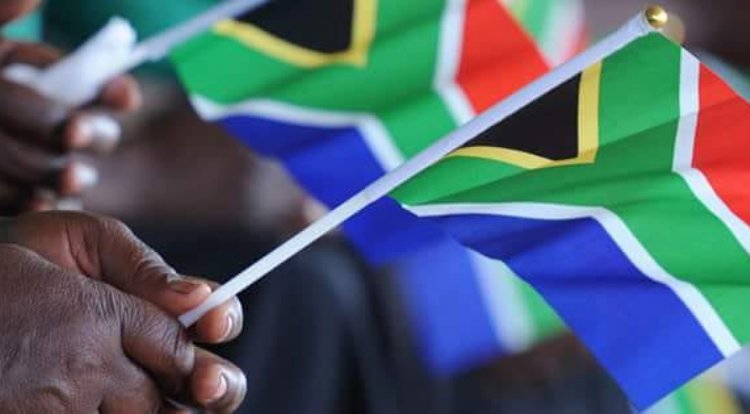The University of Johannesburg (UJ) and the National School of Government (NSG) are co-hosting a pivotal conference this week to evaluate South Africa's journey 30 years into its democracy. The event, which began on Thursday, focuses on the country’s social, economic, and global transformation since the first democratic elections in April 1994.
Organized in collaboration with The Presidency, the Department of Planning, Monitoring and Evaluation (DPME), and the Mapungubwe Institute for Strategic Reflection (MISTRA), the conference brings together prominent panelists from public service, academia, and civil society. The discussions aim to foster a comprehensive national dialogue through research and social discourse.
Deputy President Paul Mashatile will deliver the keynote address on Friday, offering insights into the nation’s democratic achievements and ongoing challenges. The conference seeks to assess progress made since the end of apartheid and address persistent issues such as declining voter participation, inequality, widespread poverty, high unemployment, water insecurity, energy crises, corruption, and climate change.
The co-hosts emphasized the need for a unified approach to tackle these complex issues, involving government, civil society, and business sectors. Attendees will explore the interconnectedness of social, political, cultural, and economic factors that impact South Africa’s diverse population.
Professor Kamilla Naidoo from UJ’s Faculty of Humanities highlighted the conference's significance. “This conference represents a critical opportunity to reflect on South Africa’s journey over the past three decades. The introduction of free tertiary education through initiatives like the National Student Financial Aid Scheme marks a significant stride toward equity. However, broader issues such as inequality, unemployment, and climate change also require attention,” Naidoo noted. She emphasized the importance of dialogue in refining policies and developing new strategies for a more inclusive future.
Professor Busani Ngcaweni, Principal of the NSG, described the conference as a timely reflection on the nation’s democratic progress. “Thirty years is a significant milestone for any democracy. Using the metaphor of a child growing from zero to thirty, we can better understand the successes and challenges South Africa has faced,” Ngcaweni said. He underscored the need to acknowledge past achievements and address future hurdles while reaffirming the commitment to equality, justice, and shared prosperity.
The conference aims to facilitate a deeper understanding of South Africa’s democratic journey and encourage collaborative efforts to address the country's ongoing challenges.











